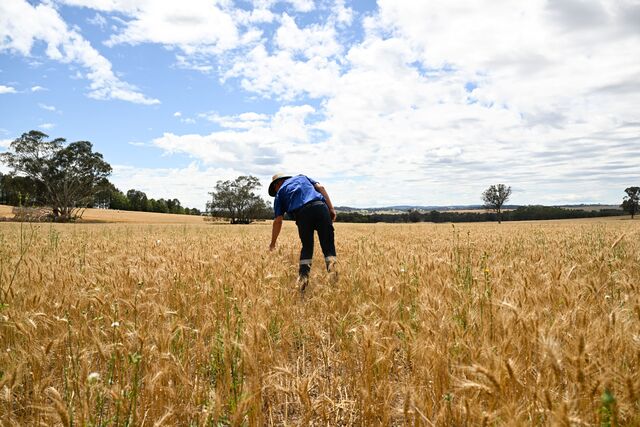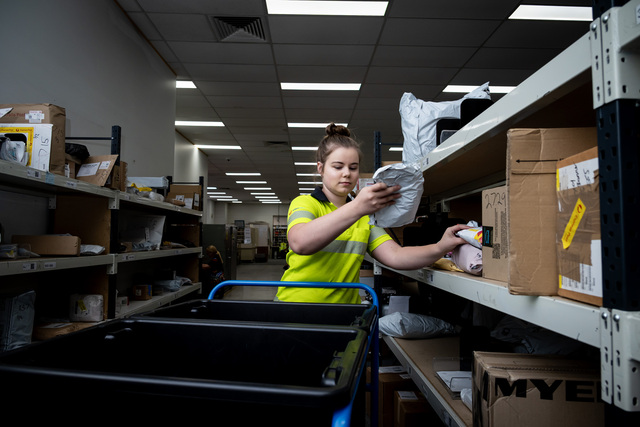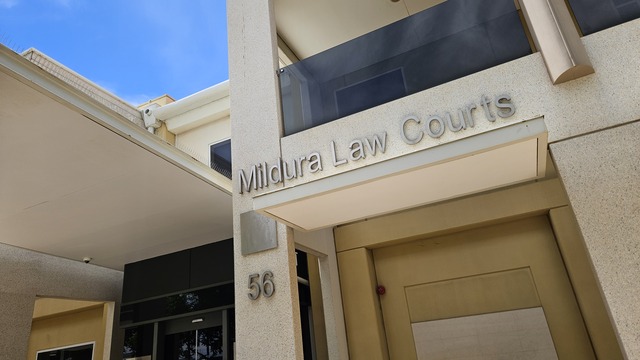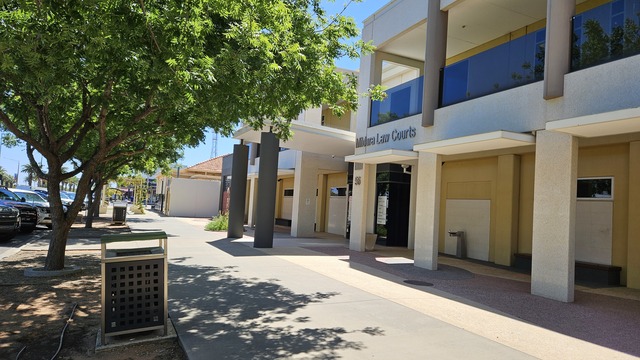LABOR could be about to break a promise on reducing electricity bills, according to Member for Mallee Anne Webster, however data from the energy-market operator suggests it remains too early to tell.
Before winning government at the 2022 election, Labor pledged to reduce household power bills by $275 by 2025 under its policies.
Dr Webster, a Nationals MP, said that unless the upcoming regulated price decreases by more than $1200 on its current rate, that promise would be broken.
She said the Australian Energy Regulator’s draft Default Market Offer will in coming weeks announce the bill reference price for 2024-25 – a period that only includes half of the year specified by Labor’s promise.
“The Prime Minister must apologise to everyday Australians hit by skyrocketing power bills if there is less than a $1238 reduction in (Default Market Offer) power bills,” Dr Webster said.
“The Albanese Labor government is making a habit of failing to deliver on its promises – from 24/7 registered nurses in aged care, not changing stage-three tax cuts and now on delivering cost-of-living relief through reduced power prices.”
Labor’s “Powering Australia” policy is still available on the party’s website and includes a link to a report of the modelling, conducted by RepuTex Energy, that underpinned the promise.
The report projected that the wholesale electricity price would fall from $62/MWh, as it was in the third quarter of 2021, to $51/MWh by 2025.
It said a corresponding 18 per cent drop for residential households would equate to a $275 saving on 2021 power bills.
Market operator AEMO’s quarterly energy dynamics report for the December quarter last year reported the wholesale price dropped to $48/MWh in that period.
The AEMO report detailed that this was the lowest wholesale price since December 2021, with much higher prices in the intervening periods.
However, at this stage, it remained to be seen whether such prices would continue or how long it might take for retail customers to benefit.
Dr Webster said Mallee manufacturers and small businesses were being “driven to the wall” by higher prices.
“Mildura Fruit Juices Australia, for example, previously anticipated its energy costs would increase to $1 million – forcing the company to reduce their grape intake,” she said.
Energy Minister Chris Bowen told the ABC earlier this year wholesale prices were down “very substantially on last year”.
“Now wholesale prices is one of the things that feeds into retail prices, not the only thing because people don’t pay wholesale prices, but they do feed into the retail price,” Mr Bowen said.
“So that really shows the plan is working, that prices are getting relief, and we’ll continue to look at what more we should do into the future.”

















